The week's good news: June 22, 2023
It wasn't all bad!


- 1. This intergenerational orchestra is striking the right chord
- 2. Blue whales are making a comeback in California waters
- 3. Scientists reveal they have determined how Huntington's disease begins
- 4. Study: Most early-stage breast cancer patients become long-term survivors
- 5. UN passes first-ever high seas treaty protecting marine life
A free daily email with the biggest news stories of the day – and the best features from TheWeek.com
You are now subscribed
Your newsletter sign-up was successful
1. This intergenerational orchestra is striking the right chord
The goal of the Heart of Los Angeles (HOLA) Eisner Intergenerational Orchestra is simple: to bridge cultural and generational gaps in this sprawling city. Launched in 2021, the orchestra has over 70 members, from teenagers to senior citizens, meaning high school cellists perform next to retired bass players. Maestro Daniel Suk told the Los Angeles Times there is "an absolute crisis," with seniors who are "just so lonely and a younger generation that has no connection to them." The orchestra has changed this; older musicians mentor the younger performers, while the teens help their new friends figure out how to download the app Suk uses to communicate with members. Violinist Gerston Galdamez, 27, has a doctorate in gerontology, and wants to see society change how it views aging and the elderly. "The arts are really the way to do it," he told the Times, and the orchestra is "a canvas for connections."
2. Blue whales are making a comeback in California waters
More and more blue whales are being spotted off the coast of California — a welcome sight, as these massive mammals (the largest animals on Earth) remain endangered after nearly being hunted to extinction. When the International Whaling Commission banned their hunting in the mid-1960s, it was estimated that just 600 blue whales were left. To get the population back up, the U.S. enacted restrictions on fishing gear and implemented shipping lanes to keep ships away from whales. A 2014 study from the University of Washington found that California blue whales were the only population to recover from whaling, and today, it's estimated there are 1,900 to 2,200 blue whales around Southern California. Jennie Dean, vice president of education and conservation at the Aquarium of the Pacific, told KTLA it's "not just one entity that is contributing to the success of the populations rebounding; it's really the efforts of everyone."
The Week
Escape your echo chamber. Get the facts behind the news, plus analysis from multiple perspectives.

Sign up for The Week's Free Newsletters
From our morning news briefing to a weekly Good News Newsletter, get the best of The Week delivered directly to your inbox.
From our morning news briefing to a weekly Good News Newsletter, get the best of The Week delivered directly to your inbox.
3. Scientists reveal they have determined how Huntington's disease begins
Scientists who studied Huntington's disease, a rare inherited brain disorder that causes neurons to break down over time and die, shared in a new report that they have determined the initial event that leads to its formation. Huntington's disease happens when proteins fold into an abnormal shape and start clumping together, causing a domino effect with other nearby proteins. "As the disease progresses, you're effectively watching a sort of forest fire," study author Randal Halfmann, a researcher at the Stowers Institute for Medical Research in Kansas City, Missouri, told NPR. "And you're trying to figure out what started it." The scientists created hundreds of versions of PolyQ, a protein segment that is toxic in Huntington's disease, and after conducting experiments with PolyQ inside individual cells, identified the molecule that "starts this little forest fire in the brain," Halfmann said. They found that in the lab, they could stop the molecule from spreading by flooding the cell with proteins. Now, Halfmann said, the next step is to create a drug that can do something similar in humans.
4. Study: Most early-stage breast cancer patients become long-term survivors
In the last 20 years, the prognosis has improved considerably for women who are diagnosed with early-stage breast cancer, according to a new study from the University of Oxford. Researchers tracked the survival rates of 500,000 women diagnosed with breast cancer in England between 1993 and 2015, and found that today, patients diagnosed early are 66% less likely to die from the disease than they were 20 years ago. The risk of death from breast cancer is the highest five years after a diagnosis, the researchers said, and the rate was 14.4 percent for women diagnosed between 1993 and 1999. That number dropped to 4.9 percent for women diagnosed between 2010 and 2015. The scientists published their study in the journal BMJ, and wrote that because the prognosis has "improved substantially since the 1990s, most can expect to be long-term cancer survivors."
A free daily email with the biggest news stories of the day – and the best features from TheWeek.com
5. UN passes first-ever high seas treaty protecting marine life
The United Nations has adopted its first-ever high-seas treaty, which it said forges "a common wave of conservation and sustainability in the high seas beyond national boundaries." The Biodiversity Beyond National Jurisdiction Treaty (BBNJ) is legally binding and was signed by the 193 U.N. member states "to prevent a cascading of species extinctions," U.N. Secretary-General's Special Envoy for the Oceans Peter Thomson told CBS News. Approximately two-thirds of the ocean is considered international waters, and the treaty comes just one year after COP15, the U.N. Biodiversity Conference, agreed to put "30% of the planet and 30% of degraded ecosystems under protection by 2030," through the Global Biodiversity Framework. "To reach that target, we'll have to establish Marine Protected Areas in the High Seas, and happily the BBNJ Treaty will give us the legal means to do that," Thomson said.
Catherine Garcia has worked as a senior writer at The Week since 2014. Her writing and reporting have appeared in Entertainment Weekly, The New York Times, Wirecutter, NBC News and "The Book of Jezebel," among others. She's a graduate of the University of Redlands and the Columbia University Graduate School of Journalism.
-
 The Gallivant: style and charm steps from Camber Sands
The Gallivant: style and charm steps from Camber SandsThe Week Recommends Nestled behind the dunes, this luxury hotel is a great place to hunker down and get cosy
-
 The President’s Cake: ‘sweet tragedy’ about a little girl on a baking mission in Iraq
The President’s Cake: ‘sweet tragedy’ about a little girl on a baking mission in IraqThe Week Recommends Charming debut from Hasan Hadi is filled with ‘vivid characters’
-
 Kia EV4: a ‘terrifically comfy’ electric car
Kia EV4: a ‘terrifically comfy’ electric carThe Week Recommends The family-friendly vehicle has ‘plush seats’ and generous space
-
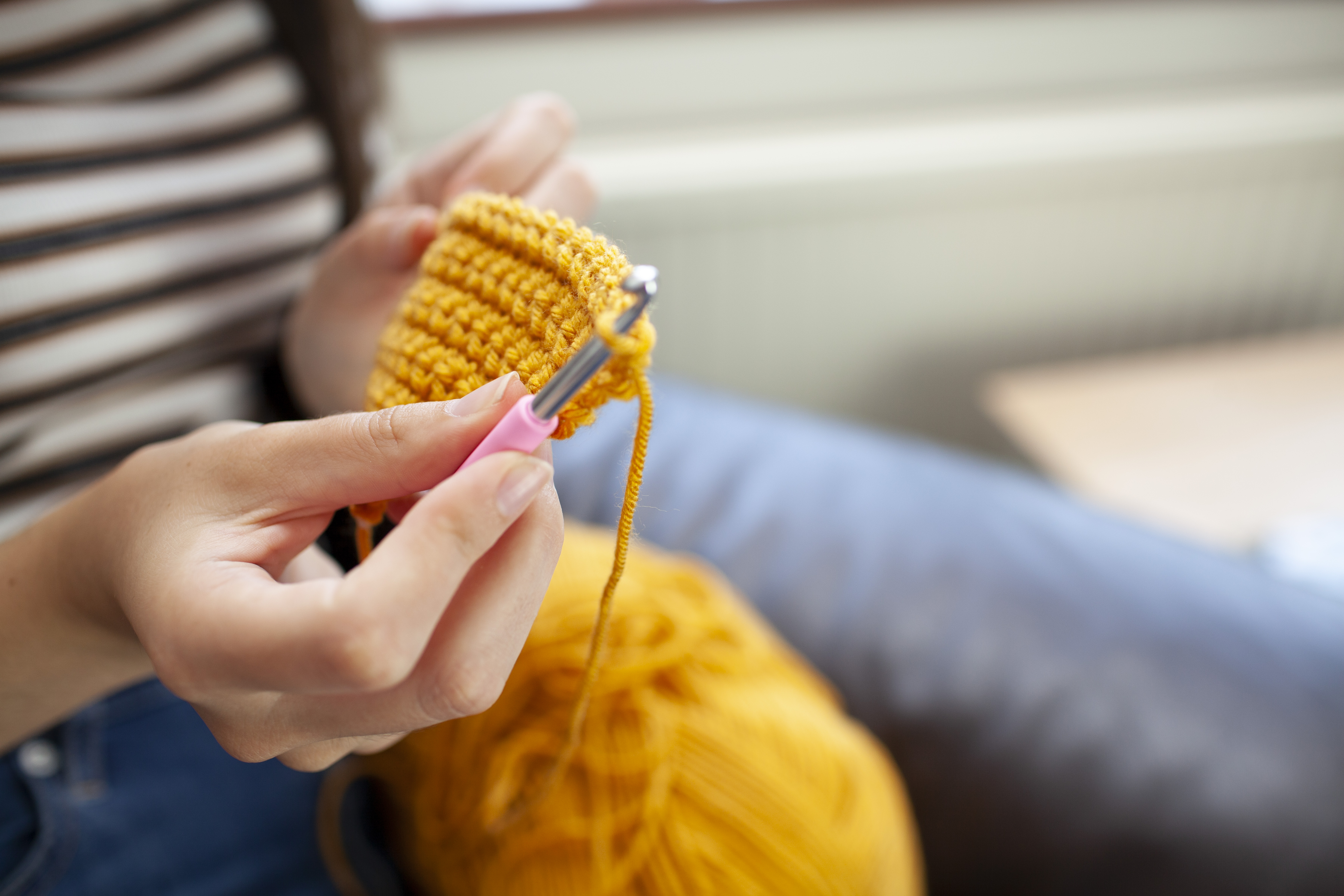 The week's good news: Jan. 18, 2024
The week's good news: Jan. 18, 2024Feature It wasn't all bad!
-
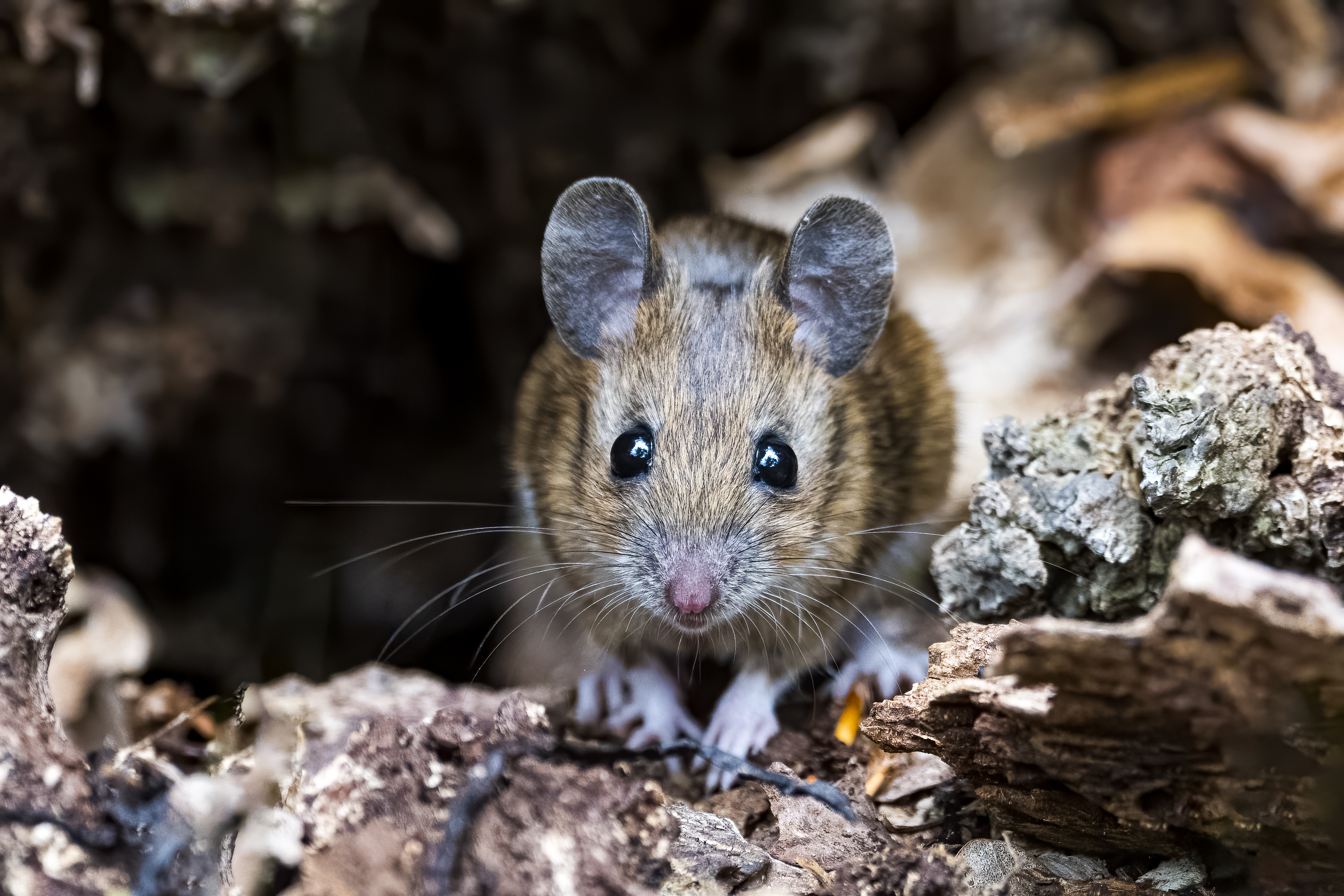 The week's good news: Jan. 11, 2024
The week's good news: Jan. 11, 2024Feature It wasn't all bad!
-
 The week's good news: Jan. 4, 2023
The week's good news: Jan. 4, 2023Feature It wasn't all bad!
-
 The week's good news: Dec. 21, 2023
The week's good news: Dec. 21, 2023Feature It wasn't all bad!
-
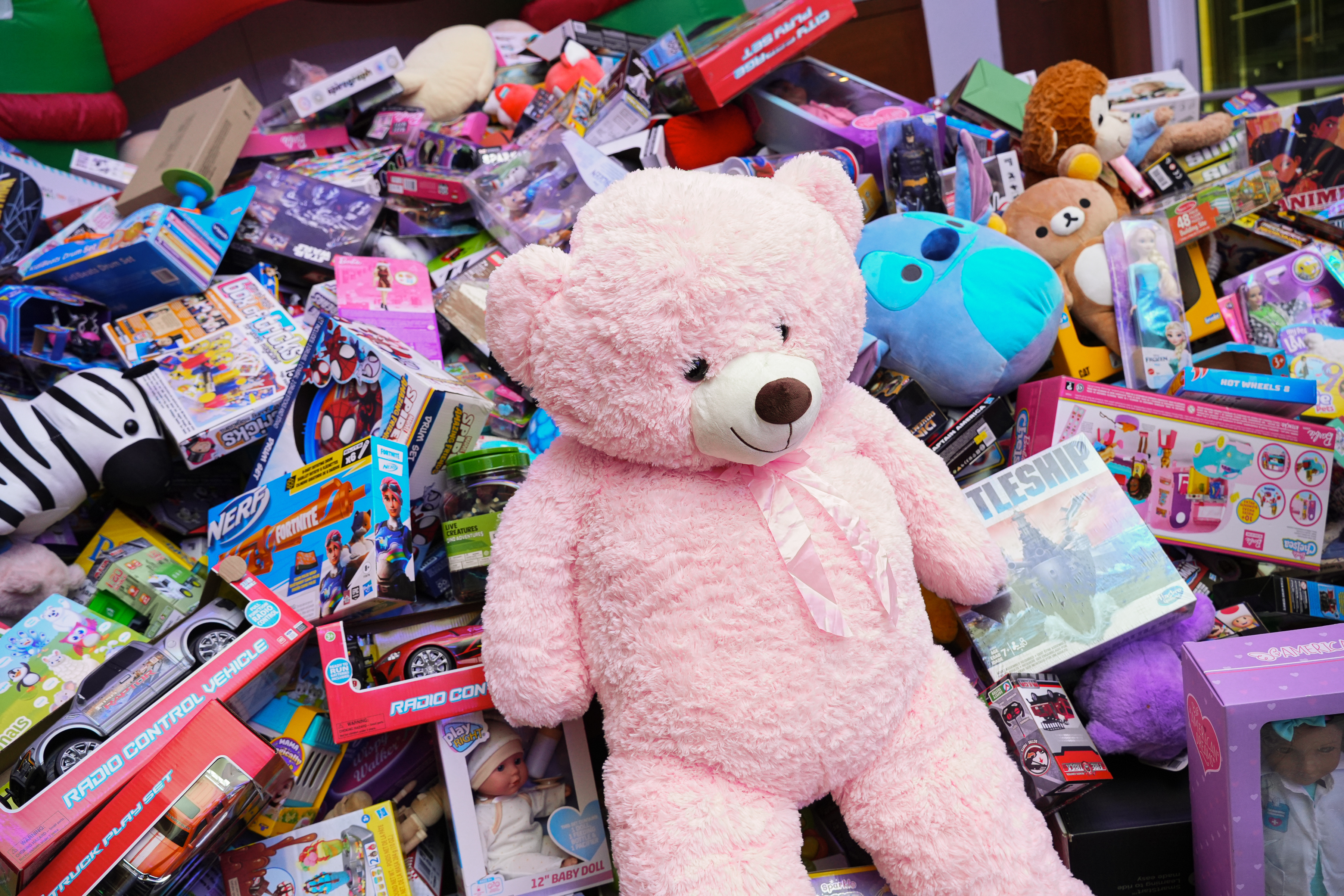 The week's good news: Dec. 14, 2023
The week's good news: Dec. 14, 2023Feature It wasn't all bad!
-
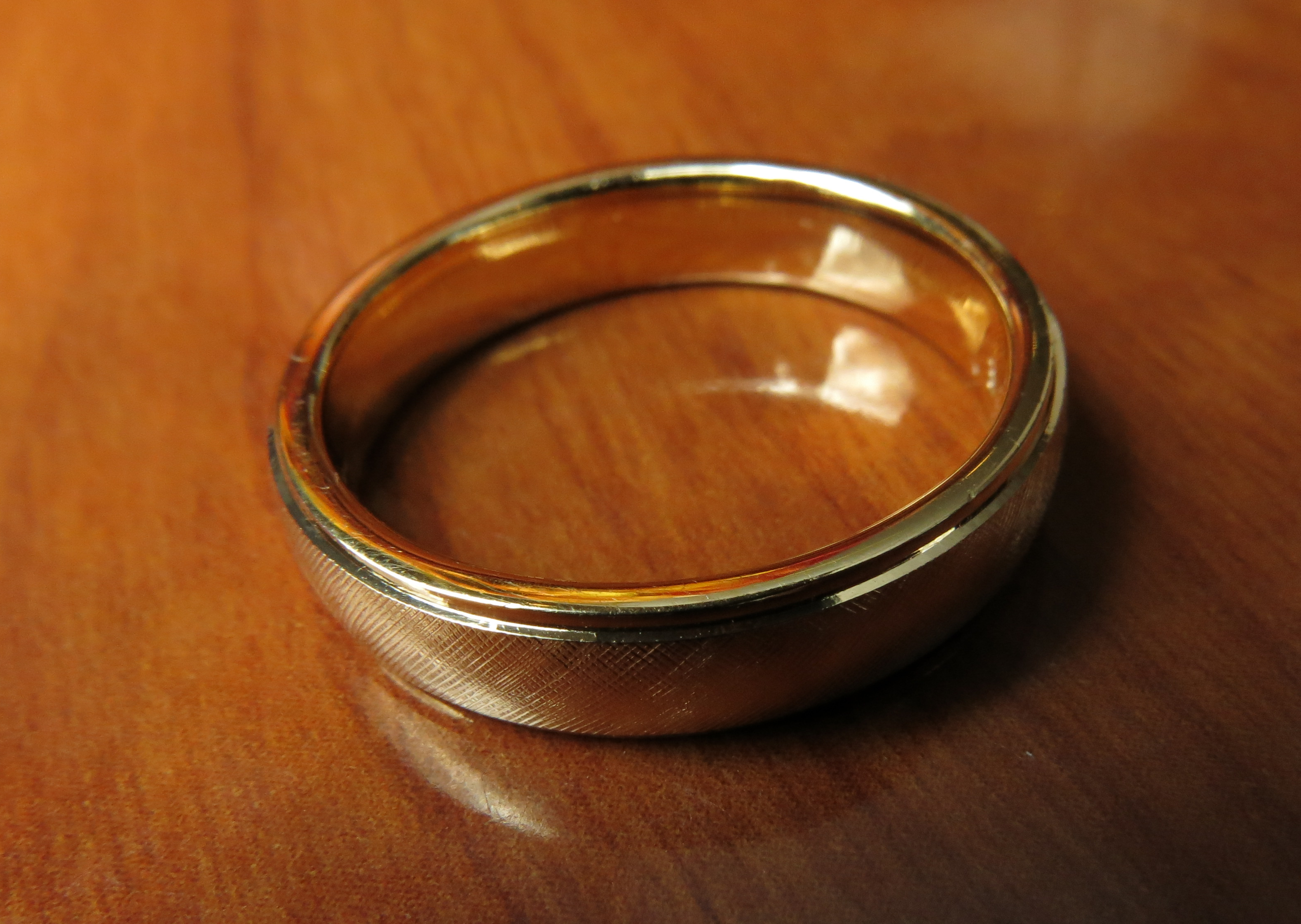 The week's good news: Dec. 7, 2023
The week's good news: Dec. 7, 2023Feature It wasn't all bad!
-
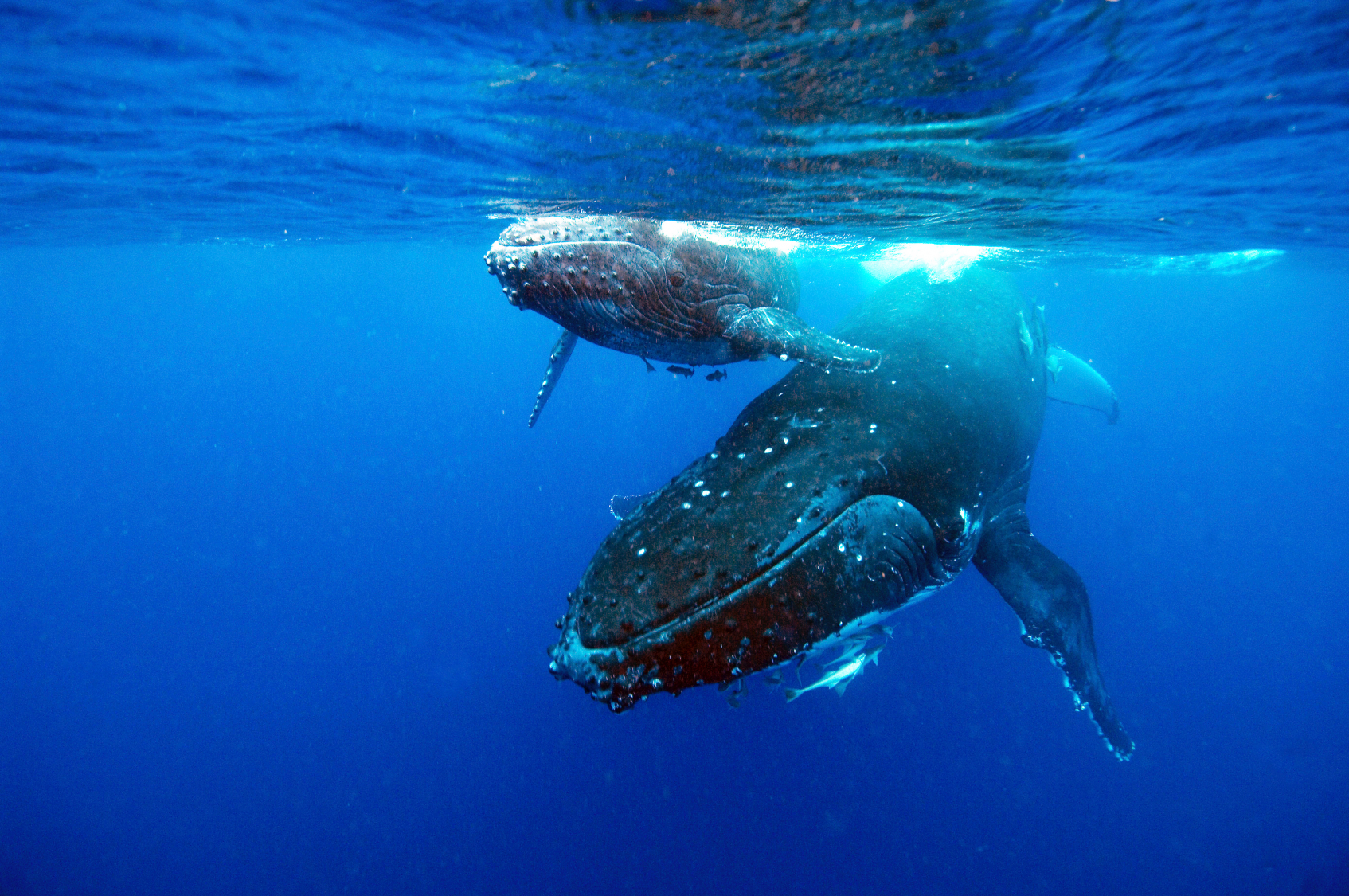 The week's good news: Nov. 30, 2023
The week's good news: Nov. 30, 2023Feature It wasn't all bad!
-
 The week's good news: Nov. 16, 2023
The week's good news: Nov. 16, 2023It wasn't all bad!
